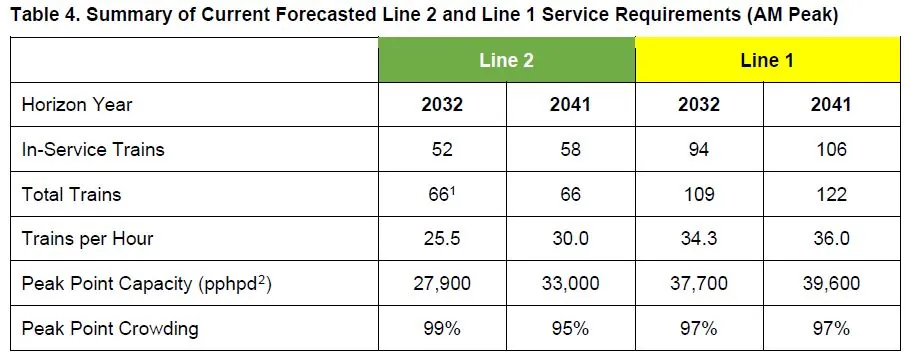
Major Changes in Personal Finance Coming in 2025: What You Need to Know!
2024-12-31
Author: Liam
As we wrap up a transformative year, Canada's financial landscape is set for significant shifts in 2025, driven by government policies aimed at bolstering the economy. Here’s a breakdown of what to expect in personal finance and how these changes might impact your wallet.
Capital-Gains Inclusion Rate: A New Era for Investors
In a bold move highlighted in the federal budget for 2024, the Canadian government has announced a change to the capital-gains inclusion rate that takes effect in 2025. This means that while the existing inclusion rate of 50% remains for profits under $250,000, profits exceeding that threshold will now face a steep rate of 66.7%.
For ordinary Canadians, particularly those utilizing tax-sheltered accounts like Tax-Free Savings Accounts (TFSAs), the implications may be minimal. However, homeowners selling secondary residences or individuals offloading substantial non-sheltered investments could see their tax bills increase dramatically, potentially costing thousands.
Expanded Access to Public Dental Care in Canada
The rollout of the Canadian Dental Care Plan, designed to assist Canadians without dental insurance, continues in 2025, expanding access to more citizens. Alongside the initial rollout for seniors and youth under 18 in 2024, the program will now include all eligible Canadians with a net family income below $90,000. Coverage may vary from 40% to 100%, offering significant relief for many families.
Adjustments to Tax Brackets: Inflation’s Slow Grip
With inflation stabilizing, federal tax brackets are also set to see adjustments, rising by just 2.7% for 2025. This is a notable decrease from 2024, where we witnessed a 4.7% increase. This incremental change means taxpayers may notice slight differences in their tax liabilities as their taxable incomes shift.
GST Holiday and Rebate Cheques: Direct Financial Relief
An exciting new initiative from the government includes a federal sales-tax holiday on specific items from December 15 to February 15, 2025. This temporary exemption includes essentials like restaurant meals, books, and alcoholic beverages.
In addition, a one-time rebate of $250 will be provided to eligible Canadians in April 2025, although hurdles in Parliament delayed its earlier inclusion in economic statements. This financial boon targets individuals who earned under $150,000 in 2023, further adding to the relief measures aimed at stimulating consumer spending.
New Anti-Home-Flipping Tax in British Columbia
Starting January 1, 2025, British Columbia will introduce a 20% tax aimed at discouraging short-term property flipping. This tax applies to homes sold within two years of purchase, targeting speculators intending to profit quickly. This strategic move is set against the backdrop of broader federal efforts to make homeownership sustainable for Canadians.
Reforms in Down Payments and Mortgages: Making Homes More Accessible
The mortgage landscape is transforming with revised rules regarding down payments. Now, buyers of homes valued over $1 million will benefit from significant changes, requiring only a 10% down payment between $500,000 and $1.5 million, decreasing the financial barrier for many buyers.
Additionally, insured mortgages will now extend to properties valued up to $1.5 million, allowing prospective homeowners to tap into lower interest rates while maintaining affordability.
The New Canada Secondary Suite Loan Program
To further incentivize housing availability, the federal government is launching the Canada Secondary Suite Loan Program. This initiative will offer low-cost loans up to $80,000 for homeowners looking to build rental suites, supporting the creation of more affordable housing options. Along with this, homeowners can refinance their insured mortgages to fund these additions, making it easier to capitalize on existing equity.
Stricter Regulations on High-Interest Lending
In a move to protect consumers, new rules will come into play on January 1, reducing the criminal interest rate for lenders from 48% to a more reasonable 35%. This change aims to curb the practices of alternative lenders preying on vulnerable borrowers, ensuring fairer access to capital.
Conclusion
2025 is poised to be a landmark year for Canadian personal finance, with several policy changes designed to promote sustainability and fairness in the financial landscape. Whether you're an investor, a homeowner, or a consumer, staying informed about these changes will be crucial in navigating the year's economic challenges and opportunities. Are you ready to adapt to this new financial frontier?









 Brasil (PT)
Brasil (PT)
 Canada (EN)
Canada (EN)
 Chile (ES)
Chile (ES)
 Česko (CS)
Česko (CS)
 대한민국 (KO)
대한민국 (KO)
 España (ES)
España (ES)
 France (FR)
France (FR)
 Hong Kong (EN)
Hong Kong (EN)
 Italia (IT)
Italia (IT)
 日本 (JA)
日本 (JA)
 Magyarország (HU)
Magyarország (HU)
 Norge (NO)
Norge (NO)
 Polska (PL)
Polska (PL)
 Schweiz (DE)
Schweiz (DE)
 Singapore (EN)
Singapore (EN)
 Sverige (SV)
Sverige (SV)
 Suomi (FI)
Suomi (FI)
 Türkiye (TR)
Türkiye (TR)